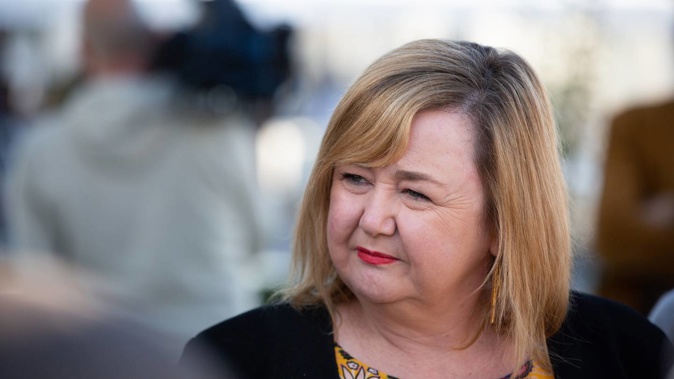
The Government has signalled it is open to allowing new onshore oil and gas exploration in the future.
Shortly after taking office, Prime Minister Jacinda Ardern in April 2018 announced the Government was banning new offshore oil and gas exploration.
She said onshore exploration would continue for another three years, after which time it would be reviewed.
Today, Energy and Resources Minister Megan Woods said the Government was deferring making this decision on the future of onshore oil and gas exploration until after next year’s election.
“There will be no further petroleum exploration permits granted, beyond what is already underway, until early in the next parliamentary term,” Woods said.
“I am not committing to any further block offers now. Decisions will be made early in the next parliamentary term when there will be a better evidence base of future demand.”
Woods stressed the Government’s commitment to scaling up the renewable energy sector to “phase out harmful fossil fuels”.
However, she said, “While fossil fuels remain essential today, the needs of tomorrow need to be properly understood to support future generations of New Zealanders.”
Woods said she would “continue engagement with Taranaki hapū and iwi on the future of the block offer process, to better understand their position”.
“Our actions to date have made room for clean renewables to take over from polluting oil and gas. I am committed to keeping up this momentum to decarbonise the energy sector.”
Woods made the announcement the day after Parliament rose for the year.
It also came as the Ministry of Business, Innovation and Employment (MBIE) released a consultation document on the development of offshore renewable energy.
This is energy generated in or on the sea from reusable, infinite natural sources such as wind, ocean currents, light or heat from the sun, rain and geothermal heat.
Before decisions can be made on whether to construct and operate offshore renewables, significant feasibility studies are needed to examine commercial and technical viability, and cultural and environmental impacts.
MBIE’s consultation document proposes different ways developers might assess feasibility. For example, they could work together or compete for permits that give them exclusive rights to do feasibility studies.
Later in 2023, MBIE is expecting to consult on further regulatory settings to enable infrastructure to be constructed, operated and decommissioned.
Woods said the work delivers on the Government’s committing to “regulate this promising area of renewable energy production, so investors have certainty and can get assessments underway as soon as possible”.
“We firmly see Taranaki’s future as still being an energy future. New Zealand has high levels of renewable resources – so we are well positioned globally to create a sustainable energy system for generations to come.”
Take your Radio, Podcasts and Music with you








